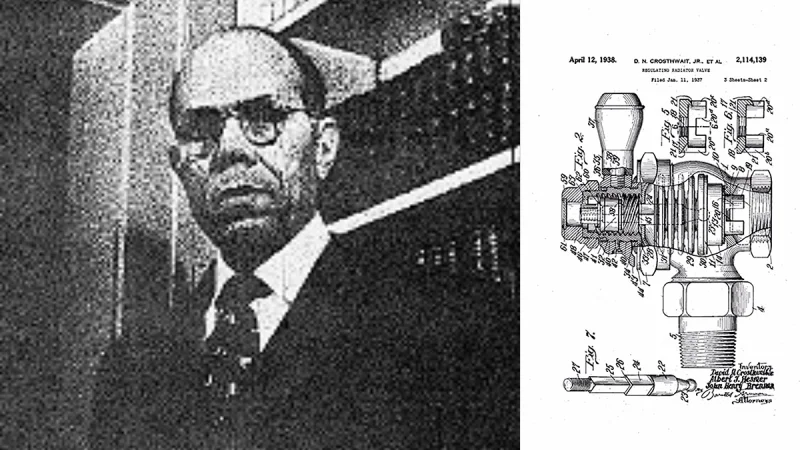Short Summary
Rudolf Virchow was a pioneering German physician, pathologist, and anthropologist known for his significant contributions to the fields of medicine and public health. He is most famous for his advancement of the cell theory, stating that all cells arise from pre-existing cells, and for founding the field of social medicine. His work laid the foundation for modern pathology and had a profound influence on medical education and research methodologies.
Early Life & Education
Born on October 13, 1821, in Schivelbein, Prussia (now Świdwin, Poland), Rudolf Virchow was the sole child of a farmer. His early education was marked by academic excellence, leading him to attend the Friedrich Wilhelm Institute in Berlin. Influenced by his professors, particularly Johannes Peter Müller, he developed an early interest in scientific research and medicine. Graduating in 1843, Virchow's formative years were shaped by a combination of rigorous academic training and a deep-seated desire to address social inequalities through scientific advancement.
Career Highlights
Virchow's career was marked by numerous milestones. In 1847, he became the Chair of Pathological Anatomy at the University of Würzburg, where he conducted pioneering research. His tenure at the University of Berlin from 1856 saw him establish the field of cellular pathology, which revolutionized medical diagnostics. He was also an active political figure, serving in the Prussian House of Representatives and advocating for public health reforms. His career was characterized by a commitment to integrating scientific inquiry with social reform.
Major Achievements
- Developed the concept of cellular pathology, transforming medical understanding of disease.
- Coined the term "leukemia" and contributed to hematology.
- Promoted the use of microscopes in medical diagnosis, enhancing clinical practice.
- Played a key role in advancing public health initiatives in Berlin.
- Founded the field of social medicine, linking disease with social conditions.
Famous Quotes
- "Medicine is a social science, and politics is nothing else but medicine on a large scale."
- "Omnis cellula e cellula" (Every cell stems from another cell).
Interesting Facts
- Virchow was a strong opponent of the theory of evolution as proposed by Charles Darwin.
- He was actively involved in archaeology and anthropology, conducting excavations and studies.
- Virchow was a vocal advocate for liberal and progressive political causes in Germany.
- He refused to travel to Vienna to duel with Otto von Bismarck over political disagreements.
- Virchow's extensive work in pathology is foundational to modern medical education.
Legacy / Influence
Rudolf Virchow's legacy endures through his foundational contributions to pathology and public health. His emphasis on the cellular basis of disease paved the way for modern medical research and diagnostics. His advocacy for social medicine has influenced public health policies worldwide, emphasizing the importance of addressing social determinants in healthcare. Virchow's interdisciplinary approach continues to inspire medical and social scientists alike.
FAQ
Q: Why is Rudolf Virchow famous?
A: He is renowned for his contributions to cellular pathology and social medicine.
Q: What did Virchow contribute to medicine?
A: He advanced the concept that diseases are rooted in cellular abnormalities and promoted public health reforms.
Q: What is Virchow's connection to social medicine?
A: He is considered a founder of social medicine, linking health with social conditions.
Q: Did Virchow have any political roles?
A: Yes, he served in the Prussian House of Representatives and advocated for progressive reforms.













